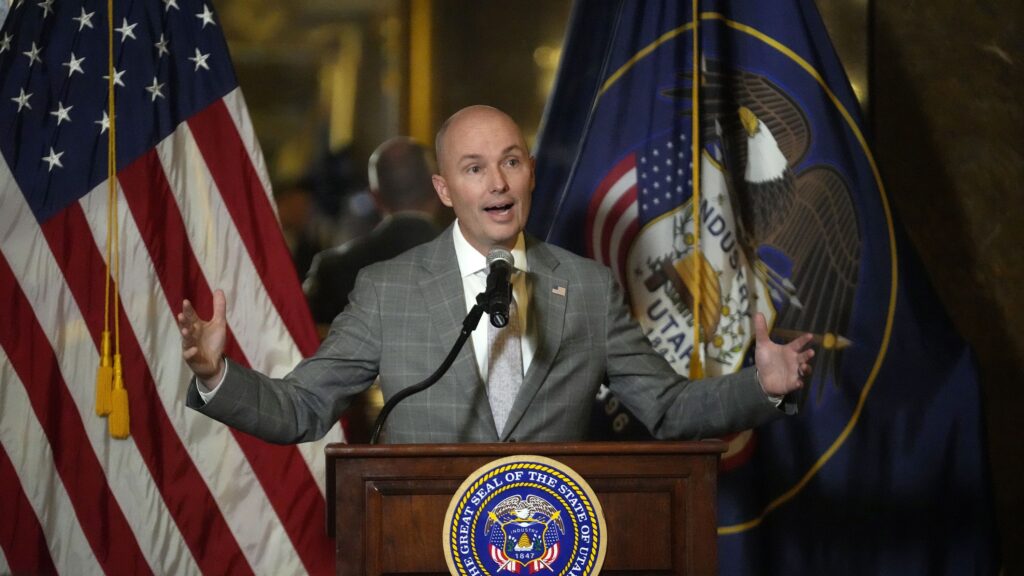SONDERMANN | The musky stench of Twitter


Twitter is now the latest possession and toy belonging to Elon Musk, the wealthiest of trolls.
It is hard to imagine the platform becoming any more toxic and soul-crushing, both individually and societally. But anything is possible and the story of Twitter is that of the decline of manners and the descent of public discourse.
As noted recently by New York Times columnist Michelle Goldberg, even the platform’s most prolific tweeters often refer to it as “this hellsite.”
Now, Twitter is about to take on an eau de musk, a scent which one website describes as smelling like “waste matters discharged from the body of a deer.” Seems about right.
If you read only one magazine essay this year, other than my columns of course, it should be Jonathan Haidt’s “Why the past 10 years of American life have been uniquely stupid” from the April edition of The Atlantic.
Haidt, a social psychologist and professor of ethical leadership at NYU, assigns causation to social media with Twitter, our “digital town square,” being the largest contributor, though Facebook hardly avoids blame.
Equating social media to the biblical destruction of Babel, Haidt writes, “Let’s hold that dramatic image in our minds: People wandering amid the ruins, unable to communicate, condemned to mutual incomprehension.”
He goes on, “It’s been clear for quite a while that red and blue America are becoming like two different countries claiming the same territory, with two different versions of the Constitution, economics and American history. But Babel is not a story about tribalism; it’s a story about the fragmentation of everything. It’s about the shattering of all that had seemed solid, the scattering of people who had been a community.”
In Haidt’s telling, social media started innocently enough. It was a vehicle for sharing family news and photos, for connecting with friends and even interacting with strangers around shared interests. It was even a way to circulate the latest joke or video or news clipping efficiently and at scale.
Social media facilitated the rise of a number of consequential movements. Haidt points to 2011 as the medium’s banner year including the Arab Spring. Twitter’s Jack Dorsey and Facebook’s Mark Zuckerberg spoke with almost religious fervor as to the transformational and healing power of this connectivity.
That was then.
Things went quickly, precipitously south. Haidt traces that sharp downslope to the introduction of the “Like” button on Facebook. Twitter soon raised the stakes with its “Retweet” function and Facebook followed suit with its “Share” feature.
All of a sudden, what had been a chronological display of posts gave way to the all-powerful algorithm. Twitter, Facebook and an endless number of newer sites became, first and foremost, data collection operations.
Algorithms yielded an escalating dose of posts guaranteed to elicit approval and sharing. Echo chambers formed and the heat was dialed up. Users became more and more marinated in like-minded circles of ramped-up outrage.
Customized, algorithmically-curated feeds offered less exposure to other opinions and dissenting views. Nuance was sacrificed. Any notion of compromise or pluralistic accommodation became tantamount to selling out. A nasty edge became the currency of the realm.
My one college course in Skinner psychology is applicable. The developers of Twitter and Facebook created a textbook method of the strongest of motivators, that being intermittent reinforcement. What cynical genius to put most users in like-minded silos and inject the feel-good dopamine rush of likes, shares and retweets.
For the most dedicated users who have figured out the game, a foremost goal is to “go viral.” For the less “viral” not familiar with the term, this ambition, somehow not found in earlier guides to living a good life, means to create a post so witty or snarky, or so biased or hateful, as to take off in the ethersphere and gain thousands or tens of thousands of positive hits.
That is serious dopamine. While I enjoy a bit of snark as much as the next guy, I would like to think myself sufficiently grounded to recognize the essential emptiness of much of this.
Recent years have also added another phrase to our vocabulary, that being the “Twitter mob.” This refers to the semi-spontaneous, but totally predictable and often orchestrated online uprisings to pounce on someone whose tweet may have punctured some sensitivities or violated some unwritten code with the goal of banishing and canceling that person for all eternity.
Of course, the real purpose is to demonstrate one’s superior virtue within their chosen bubble, their mob, and to partake of another hit of that viral dopamine.
Haidt quotes a Twitter engineer taking stock of the mobs he technologically enabled and thinking to himself, “We might have just handed a four-year-old a loaded weapon.”
Social media knows no shortage of bad actors. In these parts, election-denying Republican Congresswoman Lauren Boebert seems to think tweeting to be the essential or sole part of her job description. She is far more Twitter provocateur than serious legislator.
When not heckling the president during last winter’s State of the Union speech, Boebert shot for entry in the book of world records for most Twitter insults in an hour. Daniel Webster or Henry Clay she is not.
Boebert sets a high bar for vacuous Twitter showmanship, but she is far from alone. Denver Democratic legislator Steven Woodrow can be decent and engaging in person. Though as soon as he pulls out his phone and logs onto his favorite sites, he turns into a one-dimensional, partisan agitator.
A bit of unsolicited, sure-to-be-ignored advice for Rep. Woodrow: Think deeper; reach out to those with other views; and quit playing so obsessively to your adoring, online groupthink.
Twitter has made approximately no one a better, higher version of himself or herself. Individually, it has made us harsher and emptier. Collectively, it has further divided us, and detracted from reasonable dialogue and collective intelligence.
Your move, Elon.
Eric Sondermann is a Colorado-based independent political commentator. He writes regularly for Colorado Politics and the Gazette newspapers. Reach him at?EWS@EricSondermann.com; follow him at @EricSondermann













